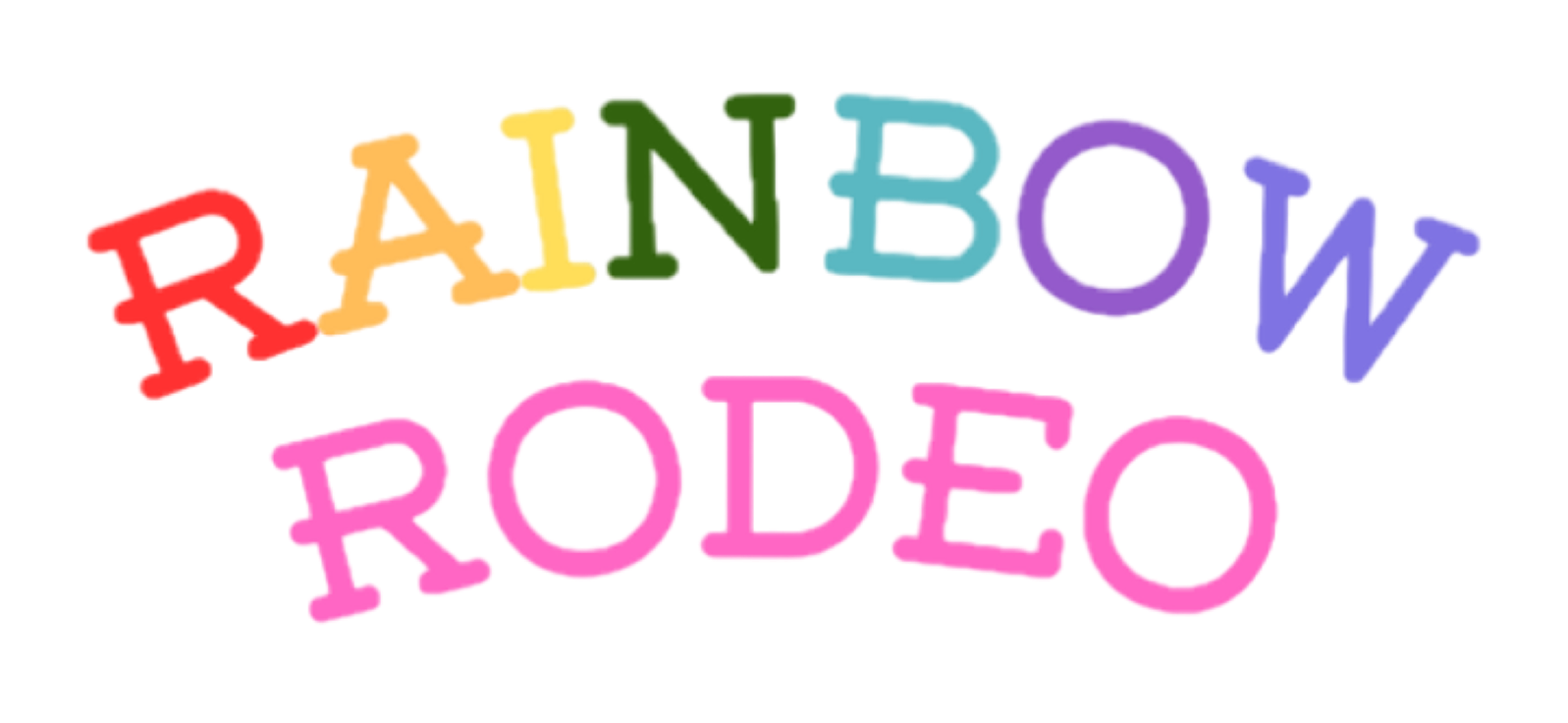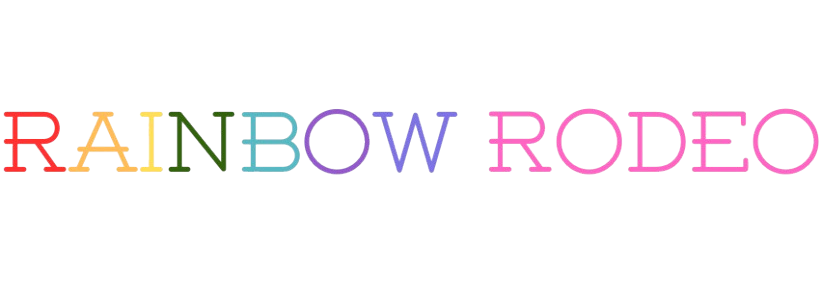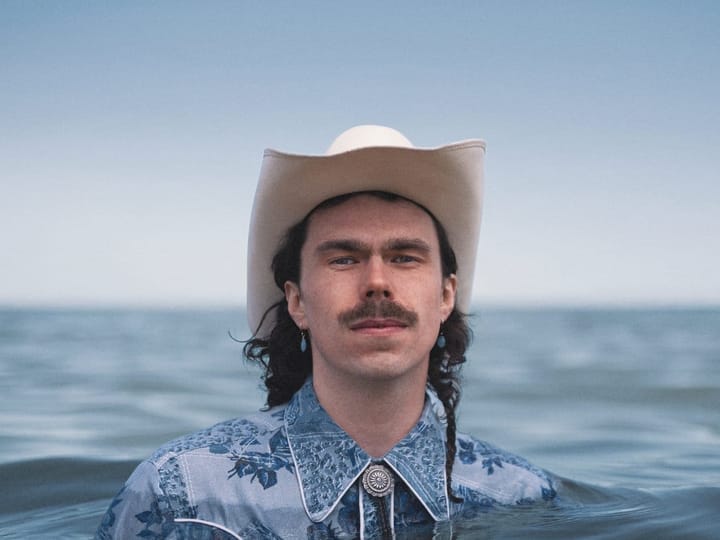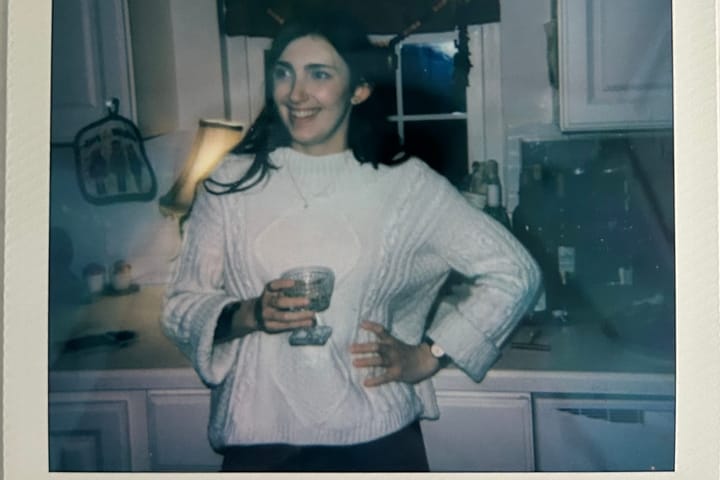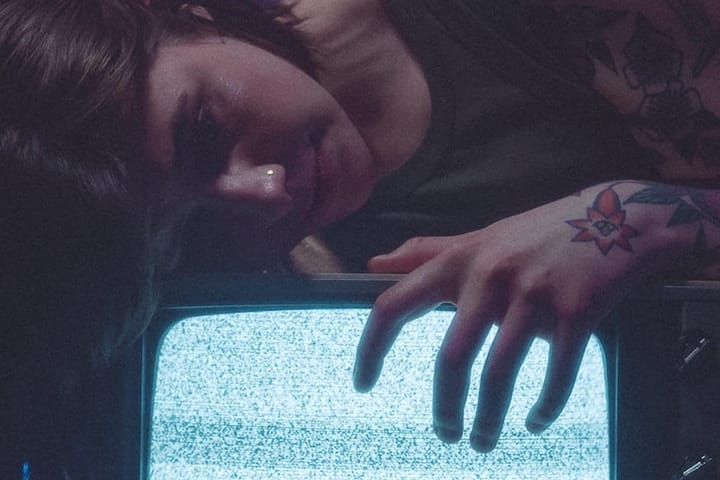INTERVIEW: Rita Bliss Offers Hopeful Resistance With "We Will Sing"
Rita Bliss offers up hopeful resistance with her soaring protest anthems. In our interview, she explains how she makes that particular magic happen.
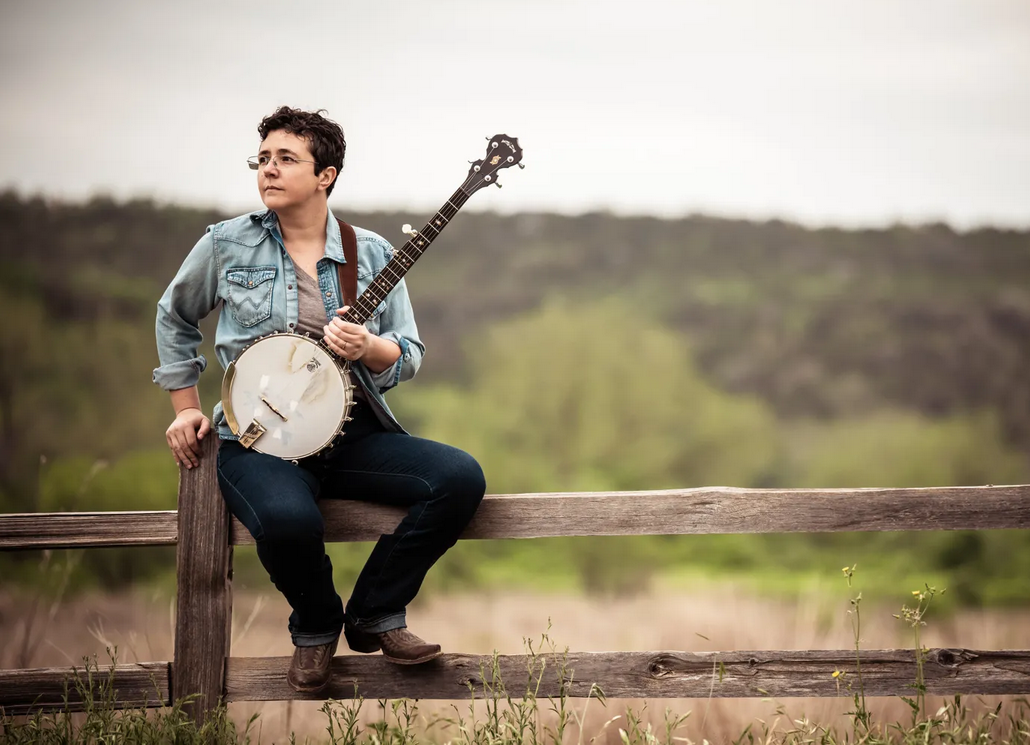
Rita Bliss, now based in Austin, hails from the surprising music city of Rochester, New York. Though a Rust Belt native, Rita’s melodies are rooted in familiar old-time banjo sounds that evoke travels along the backroads of the South. Influenced by John Prine, Joni Mitchell, and Nanci Griffith, Bliss’s songwriting weaves together timeless love stories with long drives, porch gatherings, and letters between loved ones. The love stories are unabashedly queer, the porch gatherings are sometimes rowdy, and the conversations often touch on true-to-life mental health challenges. With her recent protest anthem "We Will Sing," Bliss offers a measured and hopeful approach to standing up against tyranny.
People don't talk about Rochester much, but it's a big music city! How do you feel Rochester has impacted your art?
Well, first off, the winters are very cold and dark in Rochester. Resilience against those elements from an early age shapes all elements of character, I think. But as far as the amount of music in the area, I hadn't realized how special it was until I had lived in other places. I was in a band as a teenager called Initial Embrace, and we played original music that was some kind of blend between Paul Simon, The Cure, and The Talking Heads. We had a lot of opportunities to play despite our age and lack of professionalism! We played in coffee shop basements, park pavilions, and youth centers. We even made it into some of the bigger, legitimate stages through city-wide battle-of-the-bands that took place annually, and they did not have an age restriction. We had no idea that it was special at the time.
One of the local radio stations played some music from the album we recorded, and we somehow also performed at the minor-league baseball stadium one summer, too. It was as if everyone in the area had an understanding that all music would be encouraged - all levels of quality and maturity would be allowed in all spaces. Thinking back, it was pretty incredible.
"We Will Sing" is a beautiful protest song in that it's forthright but inviting. How do you feel you struck that balance?
I just really tried to capture the essence of a specific conversation and how I felt after having it. I ran into a friend for the first time since the election and we chatted about all of the sadness, the fear, and the absurdities that had unfolded. We touched on the threat of history repeating itself, the role of capitalism, and the lack of truth in the media. It was a deep and serious exchange of honest thoughts and feelings, and it concluded with the question of: what can we do? And my friend said that, just as much as anything else, we have to continue to celebrate joy. So I didn't start with an idea of writing a protest song, I just wanted to capture that conversation. I wanted to extend the invitation to continue to celebrate joy in the face of it all.
What do you think are some of the biggest challenges facing queer artists in roots music right now?
The same challenges that have always been there have just been given more explicit permission to carry on and come to the surface. I don't know about other artists, but the biggest impact for me has been the touring element. The rural south has never sent out welcoming vibes to queer people, but there has been a shift for me in the last year or so from being uncomfortable to being truly unsafe. In the spring of 2024, I drove through Oklahoma and Arakansas by myself in order to play gigs around Missouri, Illinois, Kentucky, and Tennessee. This year, that was not an option.
Where have you found joy or healing in this space?
Every writing spurt offers healing, and I also found joy in releasing "We Will Sing." It felt good to put that message out into the world. It feels good to hear people sing along when I play it live. It's been satisfying to watch it go forth and offer a level of comfort to people.
How are you caring for yourself in these difficult times?
In the same ways I've been trying to do that all along: good sleep and lots of banjo playing!
Rita Bliss – Official, Bandcamp, Facebook, Instagram, Bluesky, TikTok, Spotify
